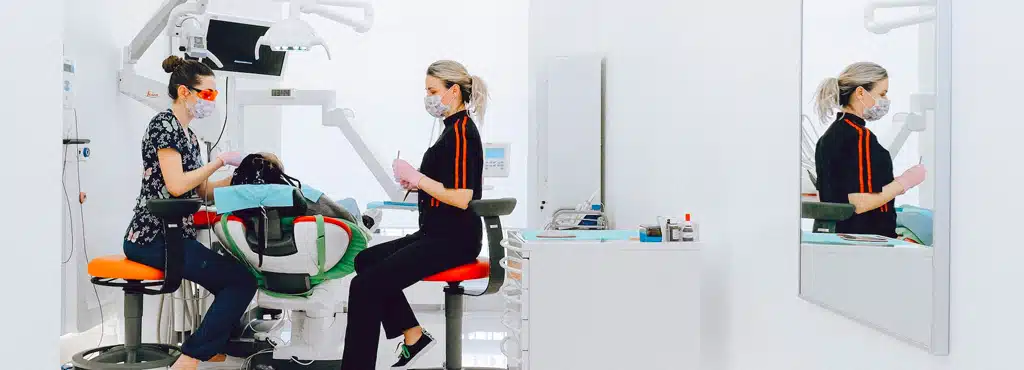When negotiating contracts when selling or buying a property, there will be some specific provisions with regard to dental transactions that only arise in this sector. That is one of the most important reasons why you must use an experienced solicitor. Here, we take a look at these specific provisions so you can be better informed about what they are and what they cover.
Negotiating Contracts
After all enquiries are complete, the buyer and seller move onto drafting the SPA – Sale and Purchase Agreement. This is the primary contractual document which transfers the assets and business of a partnership or sole trade, or the whole issued share capital for a dental corporate body from the seller to the buyer.
Typically, the solicitor for the buyer drafts the Sale and Purchase Agreement, but if funding is being obtained for the purchase via an acquisition loan then the lender is also involved in reviewing and negotiating the provisions.
What’s An SPA?
A Sale and Purchase Agreement outlines precisely what a buyer gets and the amount they’re paying for it. It also details the obligations and rights of both parties with respect to the business’s transfer and the transfer of its assets.
Furthermore, warranties are outlined in the SPA. Warranties are promises that either the buyer or the seller makes to the other party. For example, the seller may warrant that no disputes or claims are being pursued currently against their practice. Within the SPA there are also specific provisions that are only found in transactions regarding dental practices.
What Do The Specific Provisions Cover?
The specific provisions that relate only to dental transactions in an SPA include:
- The performance of any work that is currently in progress
- Apportionment of costs and pre-payments, for example, laboratory fees and BSA payments
- Units of Dental Activity (UDA) underperformance
- NHS clawback
- Transfers of private capitation schemes
- Remedies for any patient complaint for treatment that was carried out by the practice before completion and that has proven to be defective
What Should The Contract Contain?
Contracts for purchasing or selling a dentists’ practice may require all or some of these clauses:
- A clause that makes it clear that the agreement will only complete if the NHS contract is transferred
- A clause that makes it clear whether information about the business is being relied on
- A clause that provides for a portion of the sale price to be retained in case there is a change to the circumstances that are prevailing when the sale completes within a certain timeframe, perhaps because of a partly transferred NHS contract or an NHS clawback
- A seller indemnity that protects a buyer from having to take on liability for NHS clawbacks
- Arrangements that allow the business to continue operating following the sale completion in the seller’s name on the buyer’s behalf until the name of the buyer has been put on the CQC’s registration list.
- Restrictions placed on a seller regarding poaching patients and staff after completion of the sale from the dental practice.

